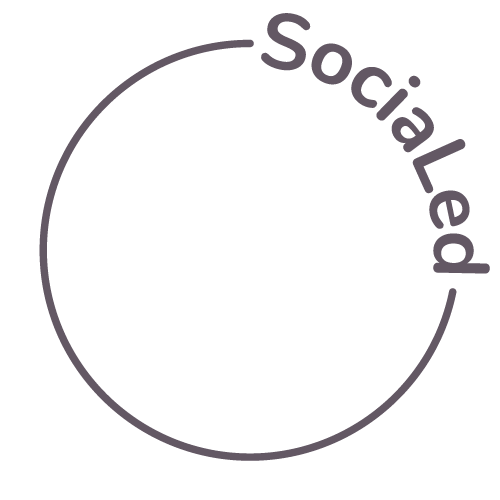Ready, steady, play!
In the modern cult of busyness we find ourselves careering from intense work to family commitments to intense exercise and self-improvement, but when do we make time for pure fun? Somewhere between childhood and adulthood, we stopped playing, we became self-conscious. Leisure time might be zombie-time in front of the TV, phone, or computer, or it might be training for a marathon or pumping iron. But these activities don’t rejuvenate like free play does. Free play can be an important source of relaxing back into the body, and letting go of stress.
Playing with your partner, friends, colleagues, kids or pets relaxes the mind and stimulates our imagination, creativity, problem-solving abilities, and emotional well-being. Allowing ourselves to forget about the responsibilities of life to have some free, unstructured time is incredibly good for us and we should all make time for it - think, joyful abandon.
Our need for play is backed up by scientific research — from neurophysiology, developmental and cognitive psychology, to evolutionary and molecular biology – we have rich data on play. Through all of these disciplines we see how play forms our brains, creates our competencies, and anchors our emotions. But, scientific evidence aside you only have to stop and play to learn what it can do for you.
Although that doesn’t mean that everyone finds it easy. Adult life itself or difficulties in childhood can bring a rigidity of self into our being, and shaking off this yoke might take some effort. We might have to start small - teaching ourselves to see the ridiculous in the day to day, learning how to laugh at ourselves, maybe sitting on the floor and building lego. For others play could be being silly with friends, finding laughter, throwing a ball around, playing fetch with a dog, getting into a tickle fight, or going for a bike ride with no destination in mind. There doesn’t need to be any point to the activity beyond having fun and enjoying yourself. All you need to do is give yourself permission.
“We don’t stop playing because we grow old; we grow old because we stop playing.”
George Bernard Shaw
Reap the rewards…
Play is about finding joy, letting go of the demands of the mind, being free in the body, relieving stress, helping us to learn, re-connecting us to our physical self, connecting us to others and the wider world. Play makes life more pleasurable.
Marc Bekoff, an evolutionary biologist at the University of Colorado says that without play, adults may end up getting burned out from the “hustle-bustle busyness that we all get involved in”.
Play for life and work...
Relieves stress. Play can trigger the release of endorphins, the body’s natural feel-good chemicals, these hormones are responsible for relieving pain and increasing pleasure. Endorphins are the feel-good hormone and, as such, will help us to relax.
Builds mental wellbeing. The social interaction of playing with others can help ward off stress and depression. Finding places to get to know people, or engaging with existing friends and family helps us to reduce feelings of loneliness and isolation.
Strengthens the brain. Chess, puzzles - anything that stretches the mind can help prevent memory problems and improve brain function.
Boosts creativity. A relaxed brain can surface creativity. By creating relaxation we can allow ideas to flow more freely in the mind.
Creates connection. Shared laughter and fun can foster empathy, compassion, trust, and intimacy with others. Being in touch with our playful nature can help us to cope better in stressful situations, be more relaxed with strangers, make new friends, and create better work relationships.
Maintains youth. George Bernard Shaw famously said, “We don’t stop playing because we grow old; we grow old because we stop playing.” Play boosts our energy and vitality keeping us young in our minds.
Keeps relationships fresh. Life becomes serious and so do our relationships as adult life develops. In long-term partnerships we can become task-focussed and forget why we created the union. Keeping in touch with the playful helps to keep it fresh.
Improves social skills. Social skills are learned as part of the give and take of play. During childhood play, kids learn about verbal communication, body language, boundaries, cooperation, and teamwork. As adults, we continue to refine these skills through play and playful communication.
Encourage play at work by...
Creating social opportunities. Stop for laughter, have games sessions, arrange outings, communal lunches, competitions and have away days that are fun.
Encouraging creativity. Have tactile fidget toys, play dough, colouring books and so on in offices and at meetings.
Insisting on regular breaks. Encourage colleagues to spend a few minutes engaged in laughter, social interaction or games.
Set yourself the 15 minute play challenge...
Find the time each day for something playful,, make space every day for 15 minutes that allow you to free play, laugh and forget the world.
